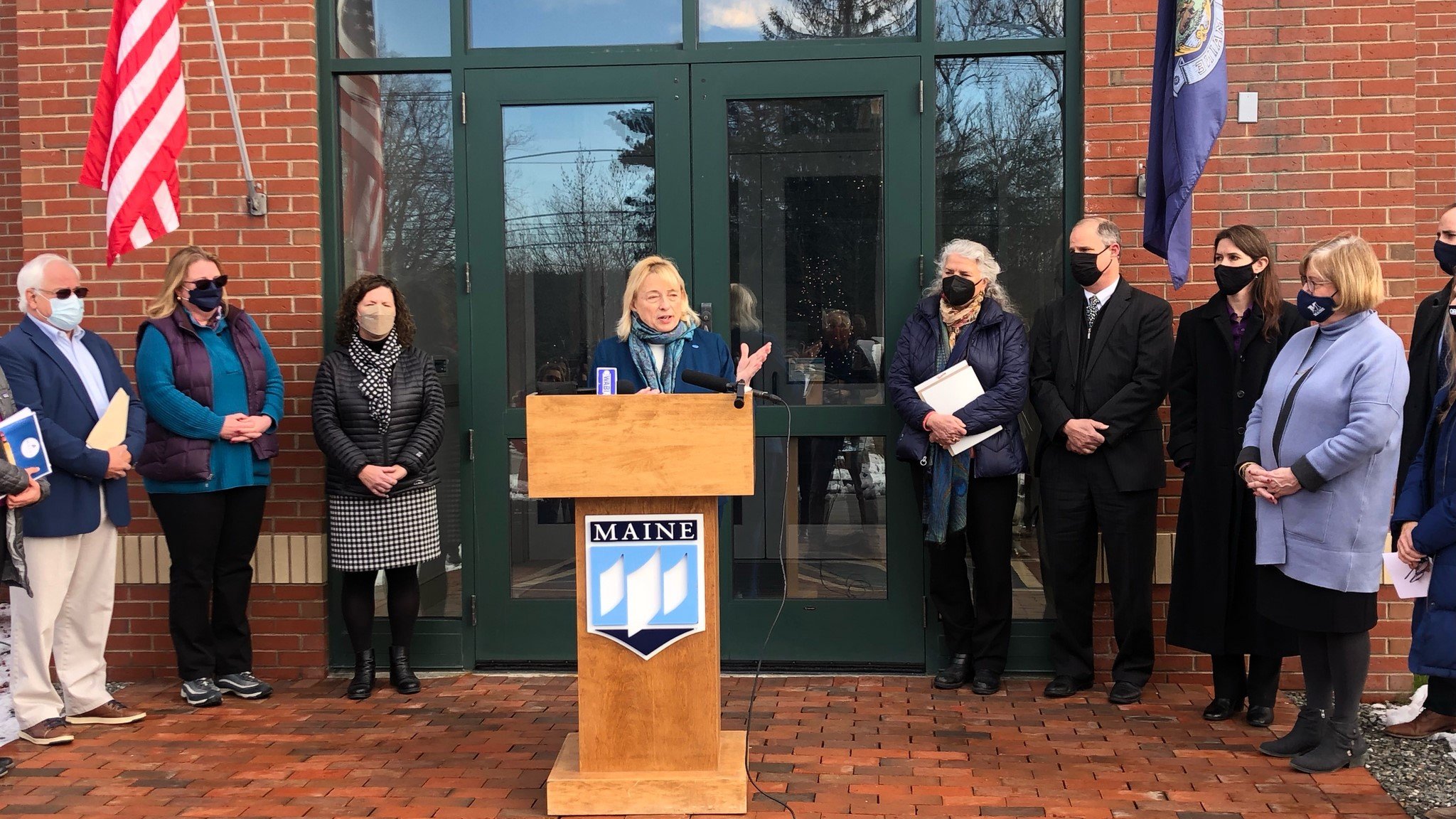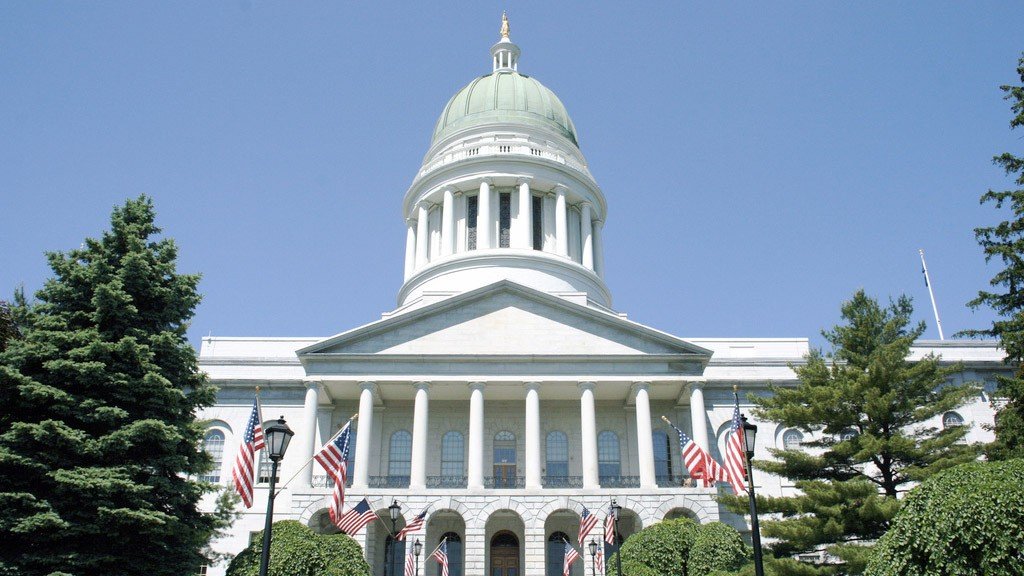As Maine’s federally recognized tribes enter their third month of offering online sports betting, state lawmakers are set to discuss proposals to extend tribal rights to encompass all forms of internet gambling, casinos, and electronic beano and harness racing.
Three bills, carried over from the previous legislative session, will face public hearings on the first day of the second regular session in Augusta, Portland Press Herald reported. While these proposals may encounter resistance from Governor Janet Mills, who has been opposing gambling measures for a long time, the bills mark the latest push in the ongoing effort to enhance tribal sovereignty in Maine.
The 1980 Maine Indian Land Claims Settlement Act currently treats the state’s tribal communities more like municipalities than sovereign nations. Collaborating with community activists and bipartisan lawmakers, tribes seek rights and opportunities comparable to those enjoyed by the nation’s other 570 federally recognized tribes.
Governor Mills, who has historically vetoed broad sovereignty restoration efforts, has expressed a preference for narrower changes to the 1980s agreement. However, a recent meeting between the governor and tribal leaders, although not resulting in breakthroughs, signaled a willingness to collaborate during this legislative session.

Bill L.D. 1777, sponsored by Rep. Laura Supica, D-Bangor, with the support of Democratic leadership, seeks to expand federally recognized tribes’ internet gambling beyond sports betting to include various games of skill or chance. It also suggests a reallocation of online gambling revenue, directing 40% to the state’s E-9-1-1 Fund, 20% to the Opioid Use Disorder Prevention and Treatment Fund, and another 20% to the Emergency Housing Relief Fund.
As per the bill, exclusive access to online gambling licenses through the Gambling Control unit in the Department of Public Safety would be granted to tribes, similar to the current online sports betting law. Proponents argue that the bill would increase investments in public services and support economic development for tribes and surrounding rural communities.
“I don’t see this as an irresponsible policy that’s going to cannibalize our services,” said Supica, as per the report. “I think it’s something that could be very good for our services, especially in central and northern Maine where we are really economically depressed.”
However, Steve Silver, chairman of the Maine Gambling Control Board, opposes the measure, expressing concerns about limiting licenses to tribes and potential negative impacts on groups receiving revenue from the state’s existing casinos. According to Silver, the proposed legislation could result in a loss of approximately $2.4 million for public education and other services.
“Maine absolutely should consider legalizing Internet Gaming (“iGaming”),” Silver was quoted as saying in the report. “Overall, LD 1777 needs more modification before moving forward. I urge you to adopt an open, free-market approach that includes the Tribes and the casinos while also reconsidering the proposed taxation and regulatory model.”
Rep. Ben Collings, D-Portland, is sponsoring two bills, including L.D. 1944, which would require the state to negotiate with tribes interested in establishing a casino on tribal lands. Another bill, L.D. 1992, would allow electronic beano and historical horse racing terminals operated by federally recognized tribes, among other entities.
Since the launch of online sports betting in November, Mainers have wagered nearly $76 million, with Draftkings dominating the market by accounting for nearly $61 million of the total wagers.



